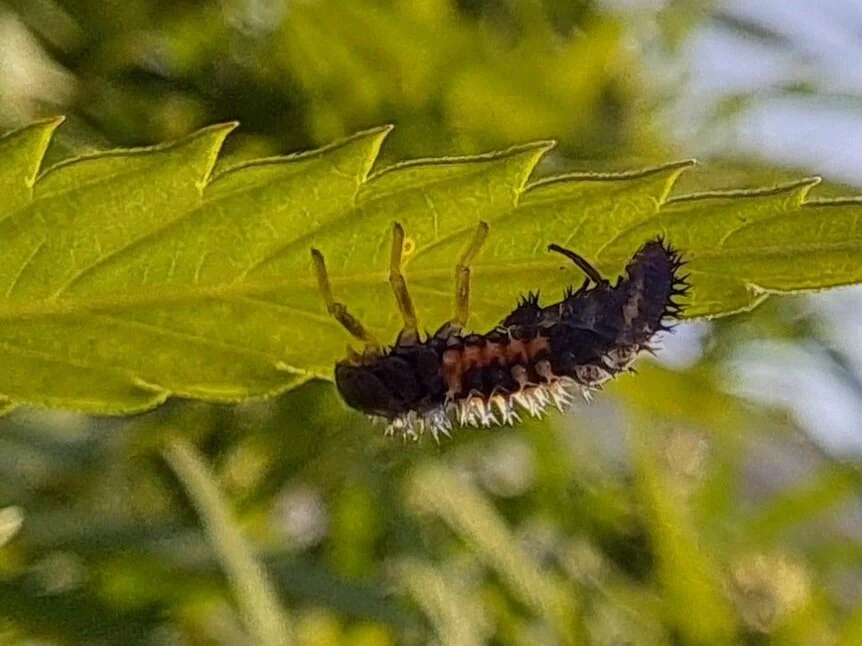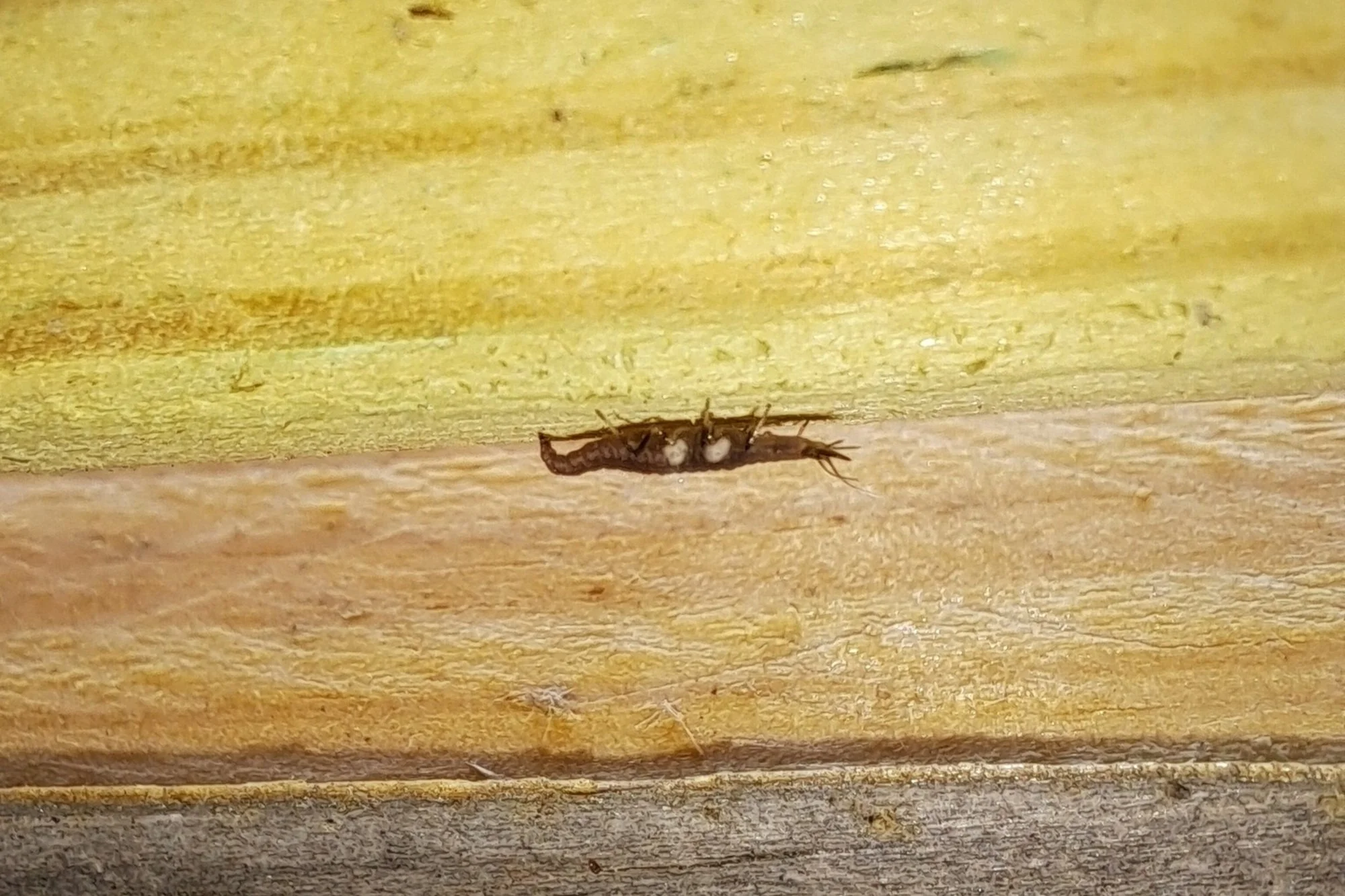Beneficial insects
Beneficial insects play a crucial role in maintaining a balanced ecosystem by keeping harmful pests in check without the need for pesticides. Ladybugs, for example, are voracious predators of aphids, mites, and other destructive pests that can harm plants. By releasing ladybugs into gardens and farms, these beneficial bugs help control pest populations naturally, reducing the need for chemical interventions.
Ladybug Larvae
Another helpful insect is the green lacewing, which feeds on insect eggs, aphids, thrips, and other small pests. Their voracious appetite for destructive insects makes them valuable allies in integrated pest management strategies. By attracting green lacewings to gardens through diverse plantings and avoiding broad-spectrum pesticides, gardeners can harness their pest-controlling abilities to maintain a healthy and thriving ecosystem.
Green Lacewing Larvae
Similarly, parasitic wasps are instrumental in controlling caterpillar, beetle, and fly populations that can decimate crops. These tiny wasps lay their eggs inside pests, eventually killing them and preventing further damage. By encouraging the presence of parasitic wasps through habitat preservation and avoiding harmful chemicals, growers can capitalize on their natural pest control abilities to protect their plants effectively. Embracing these beneficial bugs as allies in pest management promotes sustainable and environmentally-friendly practices in agriculture and gardening.

